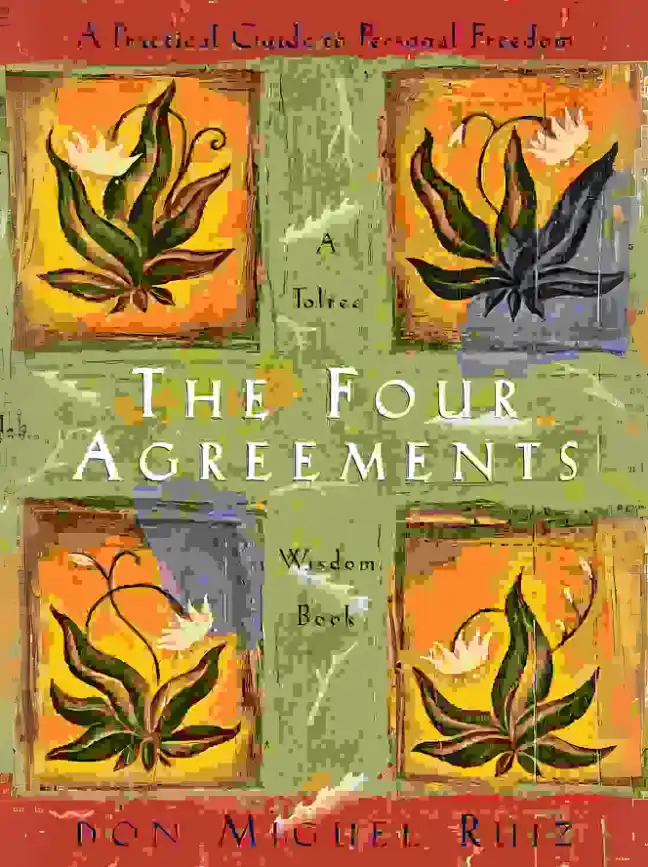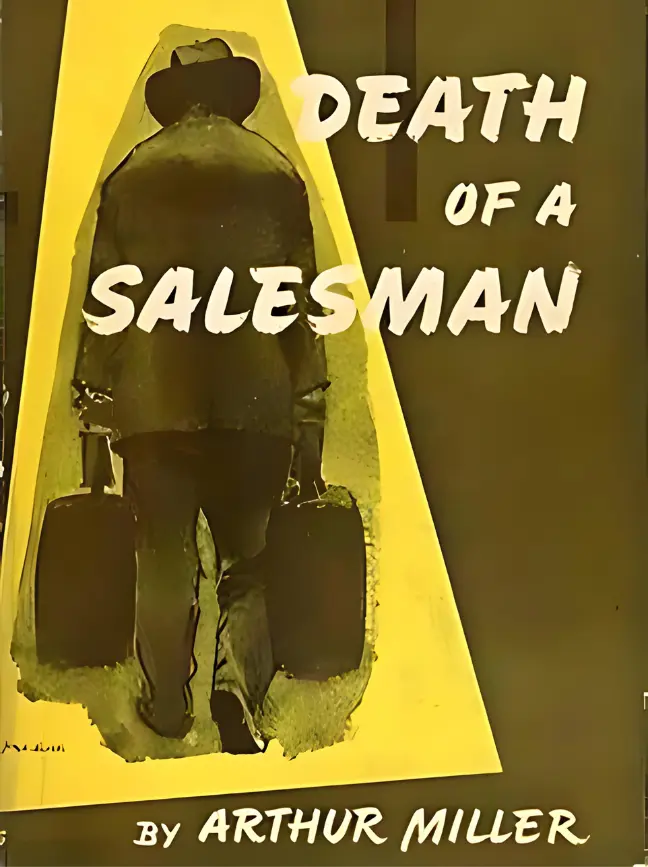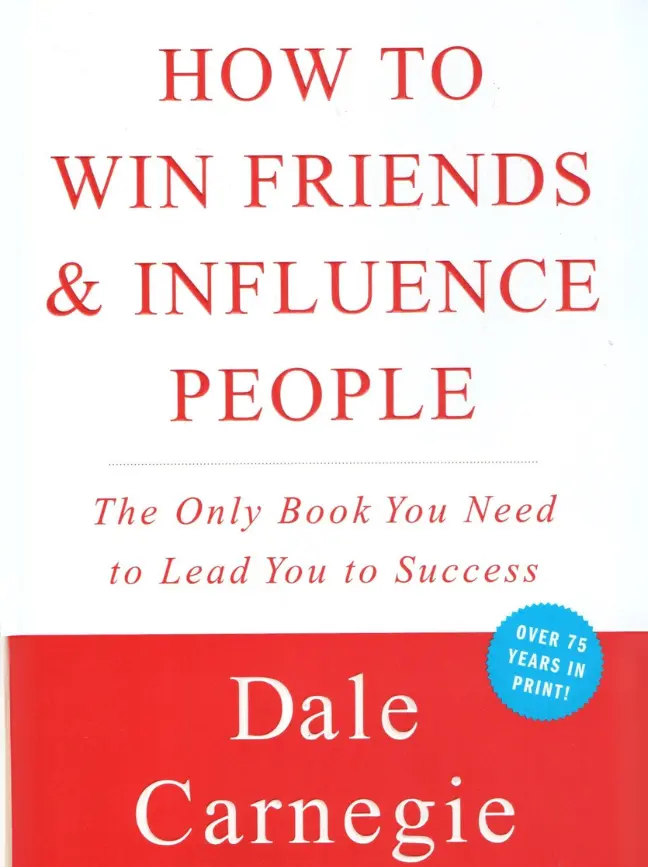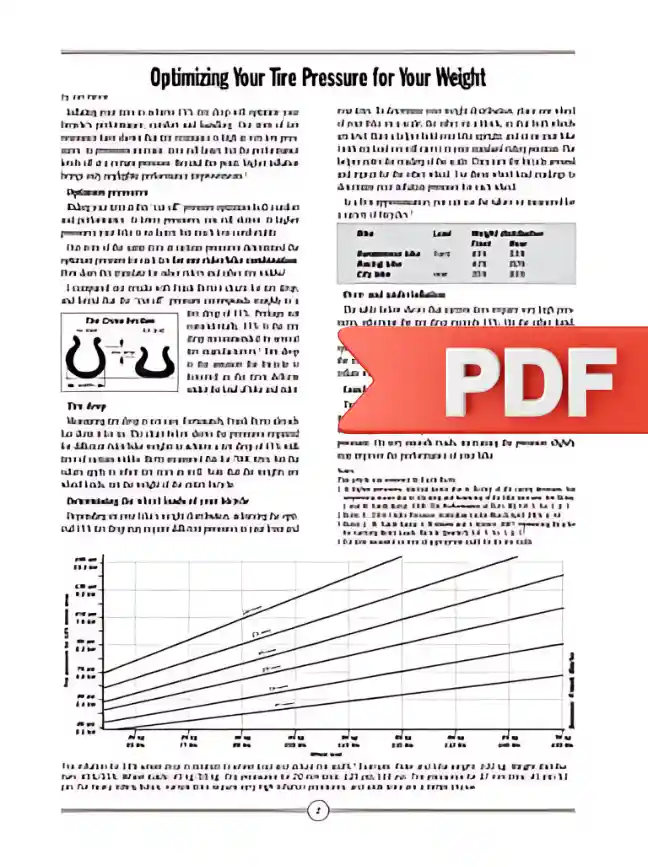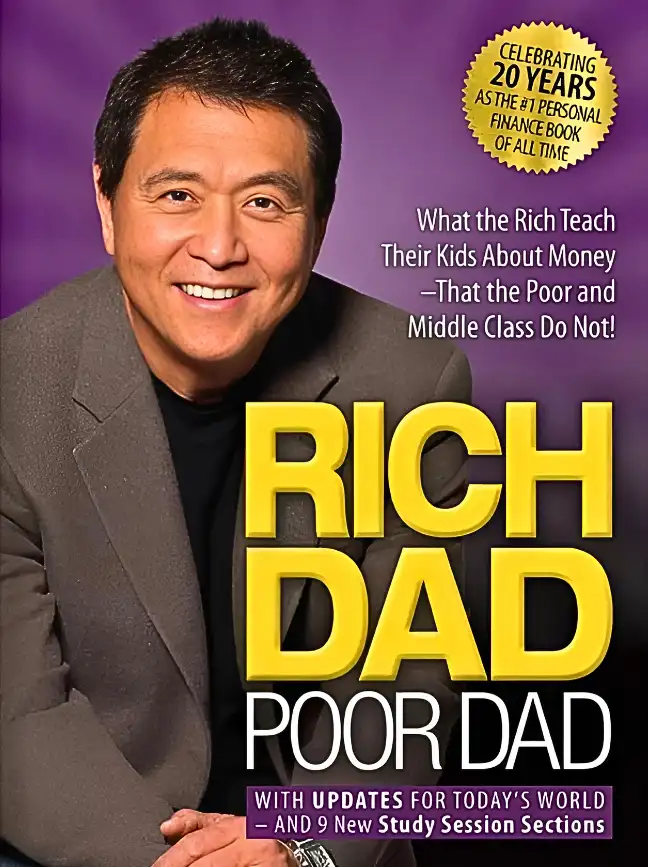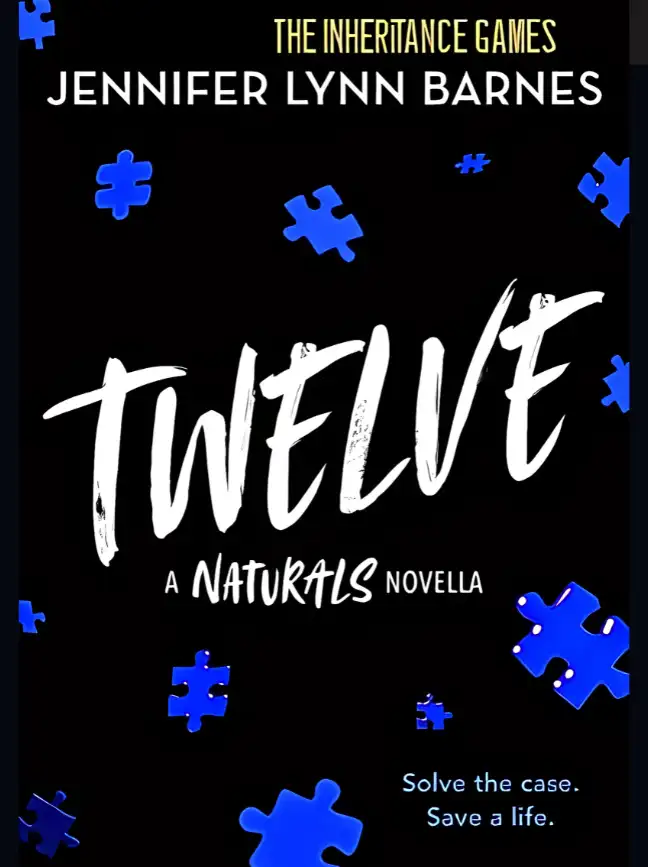It was morning, and though the village remained warm as always, the wind from the mountains was bitter. The contrast made it seem all the worse. Curtains of snow drew across the ridged flanks of the Spine,
shrouding the peaks in white, as if protecting their long-vanished virtue.
Murtagh stood next to Thorn, a cloak clasped around his neck; it felt familiar, but he could not recall where he had gotten it. A shield weighed down his left arm, and Bachel smiled as she handed him a pale sword. It was not Zar’roc—he had not seen the crimson blade since…since before—but it was the first weapon he could remember holding in…in…in…
He blinked.
“Go forth now, Kingkiller, and assist my men,” said Bachel, commanding, triumphant, savage. Her hard hand caressed the side of his cheek, and then she looked over at Thorn. “You will serve also, Dragon. Fly as you are told, and when you arrive, you may fight alongside your master.”
Thorn shivered and bowed his head. Yes. It was the first Murtagh had heard or felt from him since…
Grieve approached from across the courtyard. The man was garbed in a corselet of mail, a heavy mace in one hand and a buckler in the other.
“You will do as Grieve tells you,” said Bachel. “In this, he speaks on my behalf, and as he says, you shall do.”
Murtagh bowed his head.
Then the witch removed a vial from the sleeve of her black dress, unstoppered it, and blew the vaporous contents across him and Thorn. With his first inhalation of the Breath, Murtagh’s head grew light, and the courtyard grew even more distant, as if he were viewing it through a dwarven spyglass.
“My Lady,” Grieve said, bowing deeply.
A small smile formed on Bachel’s lips. She touched Grieve upon the crown of his head, and her lips moved silently before she said, “Go now and return quickly, that I might know it is done.”
“As you wish.”
At Grieve’s command, Murtagh sheathed the sword in the scabbard hanging from his belt and climbed onto Thorn’s back. The saddle was already in place. Out of habit, he slipped his legs through the straps on either side and tightened them.
Grieve followed him onto Thorn’s back and settled between the spikes behind Murtagh. The nearness of the man was uncomfortable, and even more so when Murtagh felt a sharp poke in his ribs. He looked and saw a dagger pressed against his side.
“Move with care, Rider,” said Grieve between set teeth. “Else you will not move again.”
Murtagh did not react. In a distracted, uninterested manner, the thought came to him that he would like to kill Grieve.
Grieve tapped Thorn’s neck. “Now fly, beast!”
And with a sweep of wings, Thorn leaped from the ground, and they were airborne.
At Grieve’s direction, Thorn flew out of the cleft that contained Nal Gorgoth and turned north to follow the shoreline of the Bay of Fundor. By the mouth of the valley, where the river poured into the bay, Murtagh saw a vessel docked at the wooden quay: a tall sailing vessel, trim and shapely, with a clinker-built hull as was common in Ceunon.
Flurries of snow assailed them as they continued northward. Winter was deepening; it would not be long before the mountains were impassable for those on foot.
The air smelled strange to Murtagh. It took him a long while to understand why: it no longer stank of brimstone. Rather, it was clear and cold and fresh—invigorating in its purity.
Never had air seemed so…so delicious.
Tracks of many animals marked the blanket of white below: rabbits and deer and bears and more besides. Their spoor traced veinlike patterns across the landscape, a map of the movements of life itself, more random than the coursing of water but more meaningful by far.
Among the game trails, a single line of dark, beaten earth ran along the shore. Too straight and regular to have been made by any dumb beast, there was no mistaking its nature: a human-made trail, cleared of snow by many feet. A group on horses, perhaps, or else travelers moving on foot, which seemed unlikely given the place and season. Whatever the answer, the group could not have been far ahead, else the snow would have obscured the trail, bleached it of color, and made it difficult to follow.
A gull loosed a harsh cry over the water and swerved away to the east as Thorn came near.
For half the morning they flew, blindly following Grieve’s orders. When he said turn, Thorn turned. When he said go up or go down, then too Thorn obeyed. And all the while Murtagh sat bolt upright in the saddle, his face blank, the skin on his cheeks so cold he couldn’t feel it.
He would act when needed—or when told—but otherwise there was nothing for him to do but exist.
At last, a knot of horsemen appeared along the shoreline. When they saw
Thorn, they reined in their steeds. “Land,” Grieve commanded.
As Thorn descended, the horses shied before him, and the riders had to fight to hold them in place. On the ground, the truth became evident: the band of men was one of the three groups of warriors Bachel had dispatched from Nal Gorgoth.
“How close are the Orthroc?” Grieve asked.
One of the men pointed forward, toward a hogbacked ridge covered with pinetrees. “On the other side of that rise. They’re gathered by a creek while they water their horses, but they’ll be on the move again soon enough.”
Murtagh felt rather than saw Grieve nod. “Excellent. You’ll attack on my mark. The dragon and Rider will take the lead, but you must make sure to leave room for the dragon. Your horses will spook, and I cannot promise that Rider or dragon will behave as intended.”
The warrior before them snorted, and the other horsemen laughed with grim humor. “They’re so enthralled, they don’t know where they are,” said one, a short, straw-haired man with a red nose and frost on his eyelashes.
“Never mind that,” said Grieve shortly. “Bachel waits on us, and we must needs not disappoint her.” Then Murtagh again felt the poke of Grieve’s dagger in his ribs. “Now then. You and Thorn will fly forward and attack the Orthroc on the other side of this ridge. Capture their supplies and kill all who stand before you, but should any of the Orthroc flee, you are not to pursue them. Leave that to my men. Do you understand?”
“I understand,” Murtagh said, and loosened the straps around his legs. I understand, said Thorn.
“Then go!” And to the men on horseback, Grieve motioned and said,
“Charge!”
The warriors turned their horses northward, dug in their spurs, and started to gallop toward the ridge.
Thorn waited until the group had reached the foot of the rise before he crouched and took flight after them. Murtagh hunched low over Thorn’s neck as the cold wind blasted him head-on, forcing him to squint. Its icy ferocity cleared his mind the slightest amount, a thin layer of patina being stripped from tarnished silver.
Up the hogbacked ridge Thorn soared, over the horsemen, over the snow-laden pines, and then down again, toward a broad creek bed, nearly dry in the winter, and by the creek, a band of fur-clad figures huddled among a long train of horses. To Murtagh, the Orthroc in their barbaric
garb seemed bulky and threatening, and he saw curved horns upon the heads of several of them. Urgals!
Thorn roared. The Orthroc quailed and started to run, but the snow
hampered them. They were too slow. Far, far too slow.
Horses screamed as Thorn thudded to the ground before them. The sound was maddening, and the beasts reared and thrashed and bolted. Some fell, crushing the Orthroc who stood near. Packs slid to the ground, and lines snapped taut, pulling horses off their feet or else cracking like whips.
Murtagh did not think. He did not need to. There was fighting to be done, and a sword in his hand, and enemies that meant to kill him and Thorn. It was a simple problem.
A figure rushed them, and Thorn slapped him down with one paw, breaking the warrior.
Murtagh jumped to the ground. The impact drove him to his knees, but he quickly recovered and charged forward, buckler held high. An arrow whirred past his head, barely visible as a blurred streak.
One of the Orthroc rose up before him, spear in hand. Murtagh batted aside the spear and cut through the warrior’s bearskin overcoat and into his neck. The warrior collapsed, blood spraying in a ruby fountain from his mortal wound.
Murtagh was already moving past. A pair of hulking Orthroc converged on him. A horse kicked one of them, and he fell. The other swung at Murtagh with a rusted poleax. He stepped out of range, dodged two lunges, and then closed the distance and stabbed the Orthroc in the belly and, continuing past, hamstrung him with a backhand blow.
At first the fighting seemed entirely separate from who and what Murtagh was. He watched himself move, and he felt nothing. But the instincts of flesh would not be denied. Even through the curtain of indifference, he felt the quickening of blood, and the deepening of breath, and the burn of overtaxed muscles. And a bloody rage rose within him, and along with it fear of equal strength, until his heart felt as if it were about to burst and—
thunk
An arrow struck his buckler, drove down his arm. chink
An arrow struck his shoulder and pierced the scale armor.
He had no wards left against physical attack. The arrowhead punctured skin and muscle and sent a shocking jolt of pain through the bones of his arm and shoulder. In that moment, he went cold as ice, and his pulse stilled, and everything he saw acquired a bluish sheen. No longer was he angry or afraid. Rather, he was an instrument of pure, unrelenting violence, devoid of thought or mercy or anything resembling human emotion. He moved with a perfection of form born of practice, experience, and unconscious intent.
Above him a pennant of flames streaked the grey sky—fire from Thorn
—and painted the field of struggling bodies with a ghoulish light.
For a timeless while, Murtagh fought. His left arm was numb and useless, but that hardly slowed him. He’d been trained by one of the finest swordsmen in the land, tempered in the fiercest battles in living memory, and his strength and speed were heightened by reason of being a Rider.
The Orthroc stood no chance before him. He cut them down as shocks of dry wheat with a scythe, and his blade ran red with blood. The few Orthroc who tried to flee covered no more than a few steps before he caught them and slew them from behind, ignoring their cries.
As he killed, a terrible glee took root within him. It was as if the dreams he’d had in Nal Gorgoth were become real, and a new surge of strength coursed through his limbs. Why should he not conquer and kill? Why should he not take the throne and rule with Bachel by his side? Why could he not shape the world to his will?
At last no more Orthroc remained before him. The final one lay at his feet, gurgling a mortal breath.
Murtagh turned. A path of bloodstained snow led back to the creek. Bodies lay strewn across the splattered ground, and of the Orthroc, only their horses were still standing: long teeth bared, eyes rolling to show the whites, sharp hooves dashing at the ground.
Thorn stood crouched within a circle of corpses—Orthroc and horses alike. His snout was wrinkled in a snarl, and his teeth and claws and forelegs
were gore-splattered and dark with viscera. The dragon was panting and trembling, and small spikes of flame jetted from his nostrils with each exhalation.
Grieve still sat on Thorn’s back. The man looked shaken but triumphant.
The other Draumar gathered along the edge of the battlefield. None seemed to have bloodied their weapons.
A rattle sounded from the Orthroc at Murtagh’s feet, then the fur-clad body went limp. The motion drew Murtagh’s attention. For the first time, he looked one of the Orthroc in the face, and he saw…not an Urgal as he expected, but a man with windburned cheeks, a thick red beard, and beaded braids that hung on either side of his broad forehead. A man such as might have been found in any number of wandering tribes throughout the northern part of Alagaësia.
Murtagh raised his gaze and looked anew at the corpses of the slain. All human, and not just men but women and…smaller bodies too.
He began to shake as, in an instant, the fever of battle changed to sick revulsion and the seductive promises of misbegotten dreams became grim reality. Bachel had not sent them to attack a convoy of armed warriors but a group of tribespeople, and the only reason he could imagine for such folk to be on the move in the winter was because they were seeking safety—safety from those such as the Draumar.
Even in his addled state, Murtagh felt like vomiting. The pain from the arrow in his shoulder came to the forefront with crippling strength, and he gasped without meaning to. He wanted to deny the evidence of his eyes, but he was too practical-minded for delusion. He knew what his hands had done.
No, not his hands. Him.
He looked at Thorn, and found the dragon staring at him with a haunted expression Murtagh recognized from their time imprisoned in Urû’baen. The fires died in Thorn’s nostrils, and he shuddered and let out the faintest whine.
Thorn started to take a step forward, and from his back, Grieve barked, “Stay!” Thorn froze.
As Grieve slid to the ground, Thorn and Murtagh continued to stare at each other, hopeless to break the compulsion that bound them.
Bloody snow crunched under Grieve’s boots as he walked over to Murtagh. He studied the arrow in Murtagh’s shoulder. “It would have been better if they killed you,” he said in a flat tone. Then he took a bird-skull amulet from within his robe and pressed it against Murtagh’s shoulder and pulled free the arrow.
The pain caused Murtagh’s vision to fade out, and his knees buckled.
He came to on all fours. He looked: no blood spurted from his shoulder. The wound had sealed over and was red and puckered, as if a week of healing had taken place. He sat back on his heels and moved his left arm. It still had little strength, but the muscles seemed to work.
He shivered again.
“Back on your feet, wormling,” said Grieve, and turned away. To the warriors on horseback, he shouted, “Gather the supplies that the dragon may carry them, and be quick about it. Bachel grows impatient. When we are gone, take what horses you can and bring them to Nal Gorgoth.”
As a group, the men responded: “As it is dreamt, so it shall be.”
Murtagh sat next to Thorn and watched as the cultists piled bundles of supplies—food, clothes, skins of drink—before them. Grieve had spared him the task of helping, not out of mercy, but because Murtagh’s injured arm meant he could be of little use.
His gaze returned to the bodies lying in the trampled snow. Then he dropped his eyes to his bloodstained hands and to Thorn’s gore-splattered feet.
He pulled his cloak tighter. He still hadn’t stopped shivering.
Thorn’s snout touched his shoulder. The gesture seemed as if it ought to have provided a sense of comfort, but Murtagh felt no improvement. The only thought that came to his mind was: No. A statement of denial, of
rejection. Not toward the dragon, but toward the circumstances that bound them.
The cultists used ropes to tie the supplies together. Then Grieve had Murtagh climb onto Thorn’s back—as did Grieve himself—and Thorn grasped the ropes between his reddened claws and took off with labored beats of his wings.
The flight back to Nal Gorgoth was cold and silent, and no slower than before, despite Thorn’s additional burden, for the wind was at their backs and it eased their progress.
Murtagh wished it wouldn’t.
Fingers of dull orange light were extending beneath the clouds to the west and filtering between the jags of the mountain peaks by the time the village came into sight.
Thorn landed in the temple courtyard, and Bachel came out to greet them along with her litter-bearers, warriors, and attendants. Alín stood near the witch, face pale and drawn, and her eyes widened as she saw Thorn’s paws and Murtagh’s hands.
Also with Bachel and her retinue were the recently arrived guests, and among them the man Murtagh couldn’t place, and—
“Murtagh! You look as if you slipped and fell in a butcher’s killing yard!
Rather clumsy of you, I say!”
Lyreth. Lyreth in all his embroidered finery, a chalice of wine in one hand, the other pressed against the waist of a female cultist. Once his words would have bothered Murtagh. Now they were as chaff in the wind.
When Murtagh dismounted, Bachel had her warriors relieve him of his sword. Then, at her order, they took him to be washed and, after, dragged him back to his cell beneath the temple.
As the cultists left, one of them brushed against the lantern at the end of the dungeon hallway, and the breath of air snuffed out the flame, leaving the cells in pitch-black.
Murtagh lay on the stones, cold beads of water dripping from his hair onto the back of his neck. The darkness felt like a tomb for his guilt; it wrapped around him with horrifying strength, turning his insides and strangling his breath.
The force of it froze him in place for a boundless span, the gut-wrenching sense of wrongness as painful as any wound.
From it, a truth formed in the center of his clouded mind, a hard core of inescapable reality: he could not continue as he was, but neither he nor Thorn could change things. Doing so was beyond them.
A gritty scrape sounded across the hall, as of a heavy weight shifting across the flagstones. Then: “Murtagh-man, what is wrong?”
It took all of Murtagh’s newly acquired mental acuity to force a word from his mouth. And he said:
“…help.”


